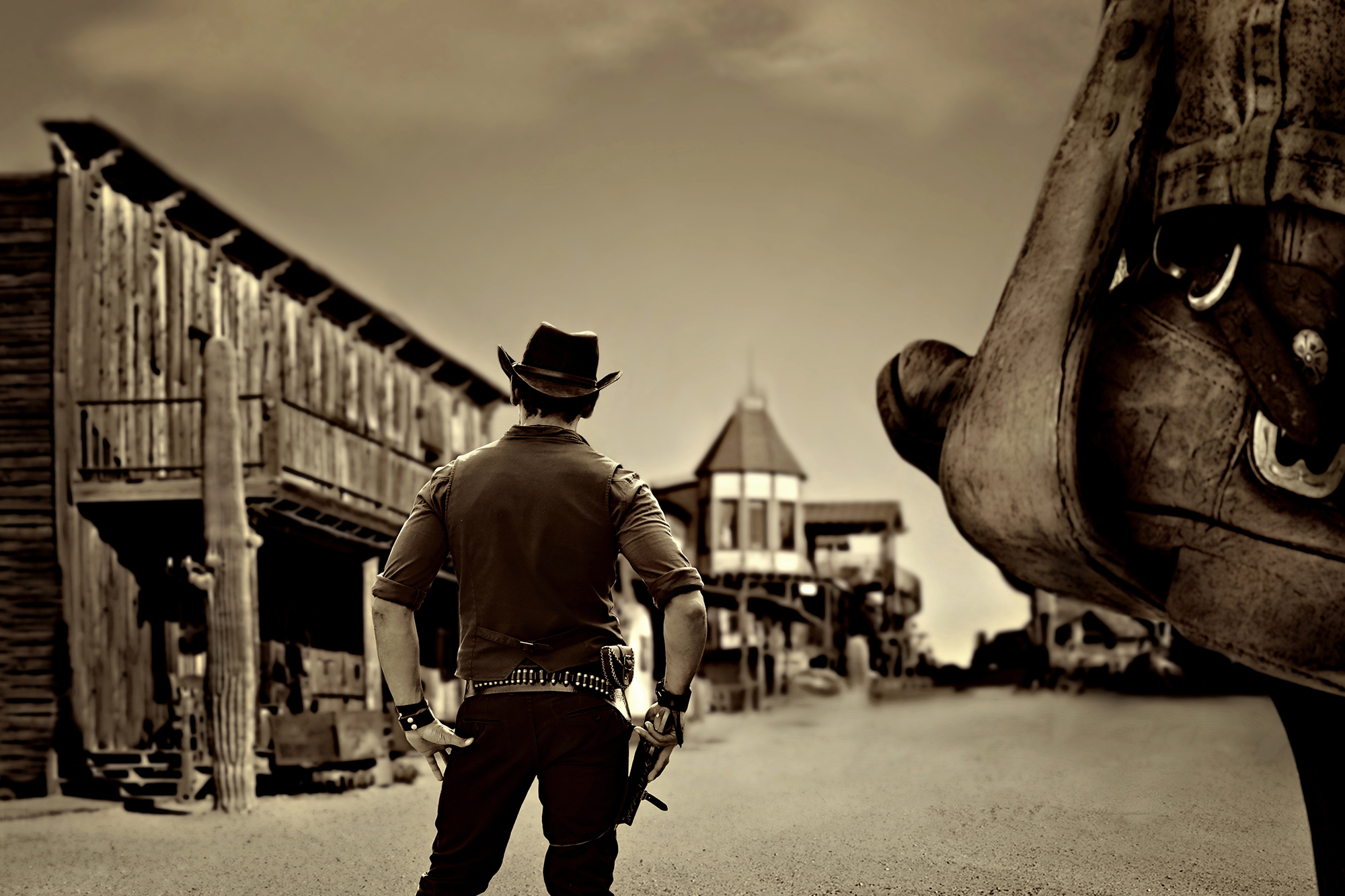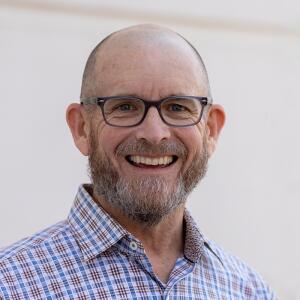From the Wild West to the Courtroom: Guarding Truth in the Age of Misinformation

One of the first cases I handled as a young lawyer was a small claims court breach of contract case in Indiana. I represented a business that sold a fax machine to a lawyer who failed to make payment for the equipment. We sued the lawyer for a whopping $1,243. Before the case was concluded, I left the Indiana law firm to move back to North Carolina. A year or so later, I was contacted by a lawyer representing my former client. He advised that the defendant lawyer had submitted into evidence a letter that appeared to be fabricated. The letter was dated December 7, 1991, and recited that he had spoken with me and that I told him to settle directly with the client for $86.
On December 7, 1991, I was studying for final exams in my third year of law school at Wake Forest. I had not even interviewed with the firm in Indiana where I later worked after graduation. So, I agreed to sign an affidavit to that effect for the client to use in the small claims case. The lawyer later admitted to fabricating the letter. The matter was brought before the Indiana Supreme Court Disciplinary Commission, and the lawyer’s license was suspended for a period of one year.
In the reported decision, the Supreme Court of Indiana noted that this lawyer had practiced for more than 20 years without any disciplinary complaints. He had served in many leadership roles in the local bar and the Indiana Bar Association. What makes a lawyer like this do something so foolish? Why would anyone risk their law license over $1,243?
If you read the North Carolina State Bar Journal, you know that this lawyer’s story is like that of many North Carolina lawyers who have been disciplined for misrepresenting facts in legal proceedings and State Bar investigations. In the last year, a lawyer’s license was suspended for making false statements to the grievance committee. Another lawyer’s license was suspended after it was discovered that the lawyer made misrepresentations to the court and to the State Bar. A third lawyer was disbarred for fabricating and submitting evidence in a state court action. All these lawyers made a choice to sacrifice their integrity for something else. And when this happens, the damage is not limited to that lawyer. Public trust in our judiciary is also damaged.
Truth as a concept is in jeopardy in our country. Misinformation and conspiracy theories are everywhere. They are spread by social media users, bots, politicians, trolls, and scammers seeking financial gain. It is so pervasive that it can be difficult to know what is real and what is fabricated. Generative AI and deep fake technology are making it even harder to discern fact from fiction. Our court system is one of the few remaining places where we can sift through the misinformation and get to the truth. The case against conspiracy theorist Alex Jones and his InfoWars site is proof of this. Jones was able to peddle his horrible lies about the Sandy Hook shooting on the internet with no consequences until he was brought to justice in court.
As lawyers, we understand the judicial system and the guardrails that are in place to find the truth and deliver justice. In a trial, there is a rigorous search for the truth. Unlike the wild west of the internet, social media, and politics, our judicial system requires parties to present real evidence and testify truthfully. We have burdens of proof, rules of evidence, and rules of civil procedure. We have juries that deliberate thoughtfully after being presented with evidence from both sides. We have severe penalties for lying and presenting false evidence. It is not a perfect system. Justice is not always administered fairly. It is a system, though, where there is a genuine search for truth. And truth matters.
But the public does not fully understand this system. They may be suspicious of the process and suspicious of lawyers. This seems to be reflected in the lack of confidence they routinely express in polls asking whether they have trust in the courts. If we are to depend on our courts to be the last line of defense against conspiracy theorists, scammers, and other wrongdoers, we as lawyers must build trust. We must uphold the highest standards of honesty and integrity. If attorneys cannot be trusted to be truthful in this system, how can we expect anyone to have faith in the system?
In an 1850 journal entry, attorney Abraham Lincoln emphasized the importance of honesty in this way:
There is a vague popular belief that lawyers are necessarily dishonest. I say vague, because when we consider to what extent confidence and honors are reposed in and conferred upon lawyers by the people, it appears improbable that their impression of dishonesty is very distinct and vivid. Yet the impression is common, almost universal. Let no young man choosing the law for a calling for a moment yield to the popular belief -- resolve to be honest at all events; and if in your own judgment you cannot be an honest lawyer, resolve to be honest without being a lawyer. Choose some other occupation, rather than one in the choosing of which you do, in advance, consent to be a knave.
The oath that we take as attorneys before being admitted is a simple one and emphasizes truth and honesty. It can be found in N.C.G.S. § 11-11 and provides as follows:
I, A.B., do swear (or affirm) that I will truly and honestly demean myself in the practice of an attorney, according to the best of my knowledge and ability; so help me, God.
Our Rules of Professional Conduct also require honesty in all aspects of an attorney’s practice. Under Rule 3.3, a lawyer is prohibited from making a false statement to a tribunal or offering evidence the lawyer knows to be false. Rule 4.1 prohibits a lawyer from making a false statement of material fact or law when representing a client. Finally, under Rule 7.1, a lawyer shall not make a false or misleading communication about the lawyer’s services.
If you find yourself in a situation where you are tempted to violate one of these rules or the oath that you took when you became a lawyer, stop and consider the consequences. Whatever you hope to gain by being dishonest will not be worth it. If you don’t think that you can handle this temptation, then you may wish to take honest Abe Lincoln’s advice and choose some other occupation.
About the Author

Will Graebe
Will Graebe came to Lawyers Mutual in 1998 as claims counsel. In 2009, Will became the Vice President of the Claims Department and served in that role until 2019. After a two-year sabbatical, Will returned to Lawyers Mutual as claims counsel and relationship manager. In his role as claims counsel, Will focuses primarily on claims related to estates and trusts, business transactions and real estate matters. Will received his J.D. from Wake Forest University School of Law and his undergraduate degree from Stetson University. Prior to joining Lawyers Mutual, will worked in private practice with the law firm of Pinna, Johnston & Burwell.
Read More by Will >
